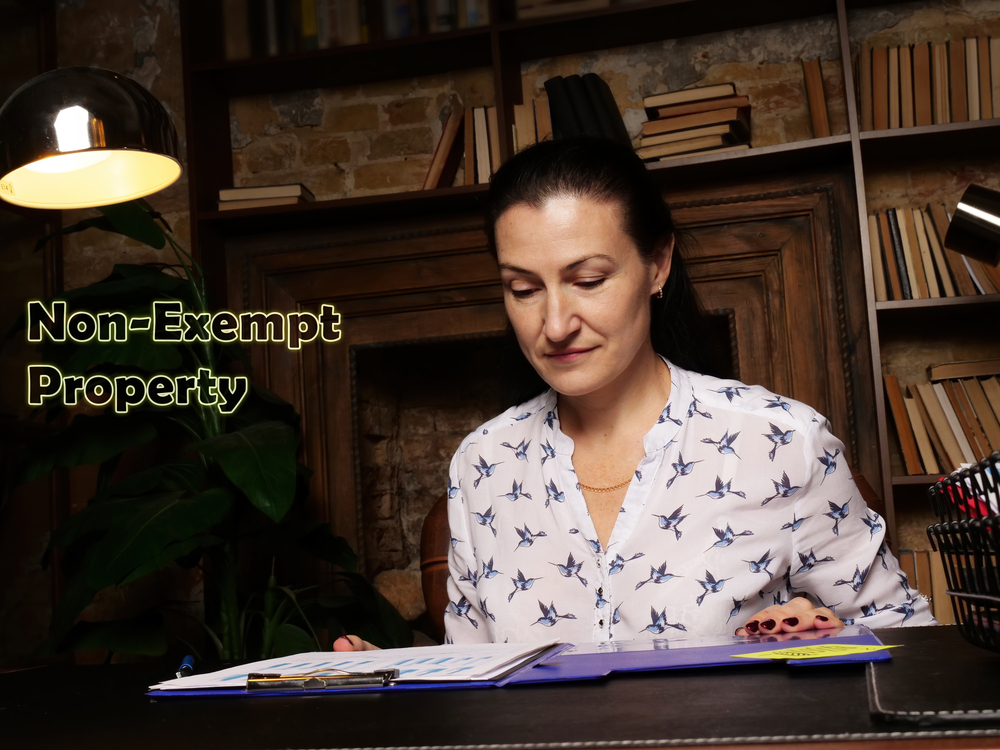Unlike a chapter 13 bankruptcy case in which the debtor makes payments to creditors in a three to five year payment plan before receiving a discharge, a chapter 7 requires no payments to any creditors, and involves a discharge a mere few months after the case is filed. However, while the debtor gets to keep all their property in a chapter 13 case, this is not always so in a chapter 7 case. In the majority of chapter 7 cases, the debtor gets to keep all their property due to the fact it is “exempt”, or legally protected from being taken to pay creditors. However, in some chapter 7 cases, the debtor has certain nonexempt property that they must either surrender to the trustee to be liquidated (sold with proceeds going to pay creditors) or, alternatively, must be paid for by the debtor for their right to keep the nonexempt property. Any money paid by the debtor to keep nonexempt property likewise goes to pay creditors.

What Happens if I Have Nonexempt Property in a Chapter 7 Bankruptcy?
Unlike a chapter 13 bankruptcy case in which the debtor makes payments to creditors in a three to...

